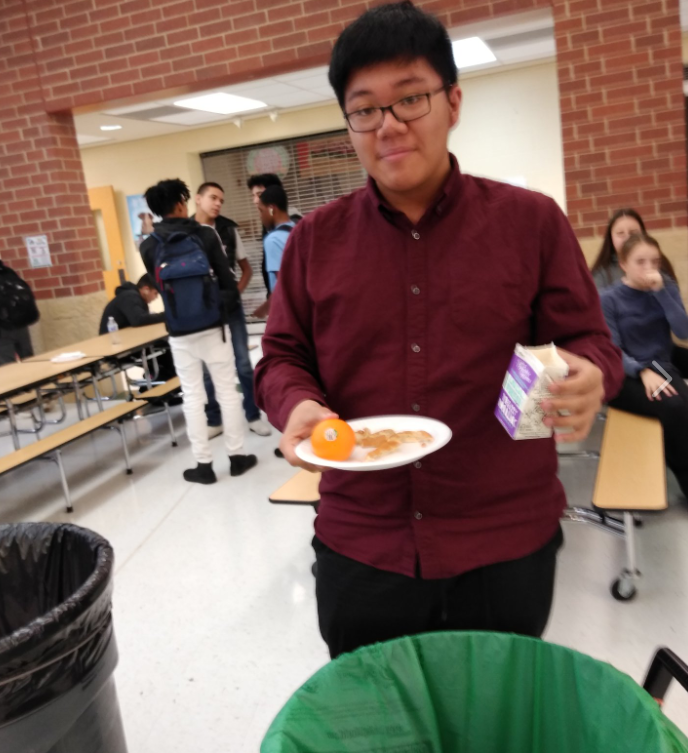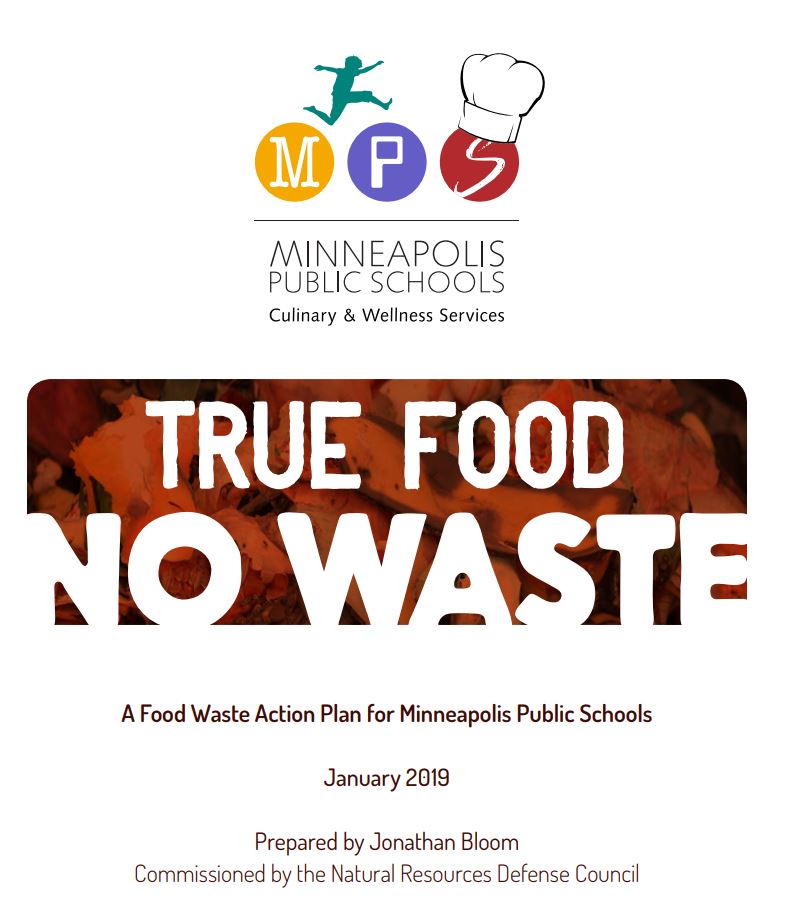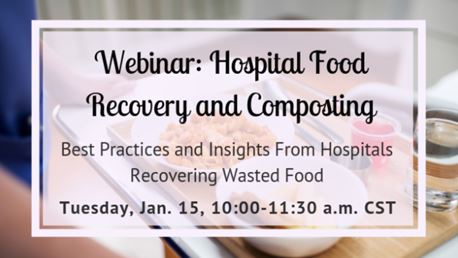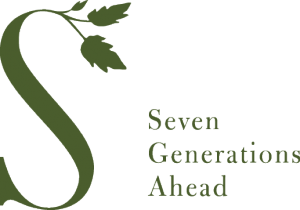Launched in June 2020, the Chicago Region Food System Fund responds to hunger and business disruption by bolstering the Chicago region’s communities and local food system to withstand COVID-19. Only 501(c)(3) organizations can apply, and the Fund focuses on an area that extends roughly 200 miles from Chicago (i.e. within a day’s drive from the city). Organizations applying must include the Chicago metropolitan area as part of their market. From the Fund’s web site:
“In Cook, DuPage, Kane, Kendall, Lake, McHenry, and Will counties, funding consideration includes nonprofits serving or collaborating with: urban farmers; food hubs/cooperatives; farmers markets; community organizations with close ties to informal community associations; food businesses (processors, distributors, slaughterhouses, retail, restaurants, institutional providers); food chain workers impacted by COVID or at a high-risk of contracting the virus; emergency food system support; and wasted food projects. Funding consideration in other regions of Illinois, southeast Wisconsin, northwest Indiana, and southwest Michigan is for nonprofits serving rural farmers, food aggregation hubs, and food processors that include the Chicago metropolitan area as part of their market. This includes nonprofits supporting food chain workers impacted by COVID-19 or at high risk of contracting the virus.”
The Fund will initially focus on COVID-19 response projects, with a special interest in projects that strengthen the food system. In the fall, and dependent on the effects of the pandemic, there may be a second round for funding that might shift in focus toward building long-term resilience within the regional food system.
For full details and to apply for funding, visit ChicagoRegionFoodFund.org to fill out the eligibility quiz, register, and complete a short screening questionnaire. Screening questionnaires can be submitted until July 29, 5 p.m. CT, and will be reviewed on a rolling basis. Upon review, organizations deemed best able to address the Fund’s priorities will be asked to submit a full application for funding, with submission instructions and details provided at that time. Grants from $5000 to $250,000 will be considered. Fresh Taste, fiscally sponsored by Forefront, manages the Fund.
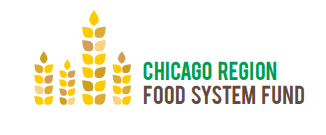
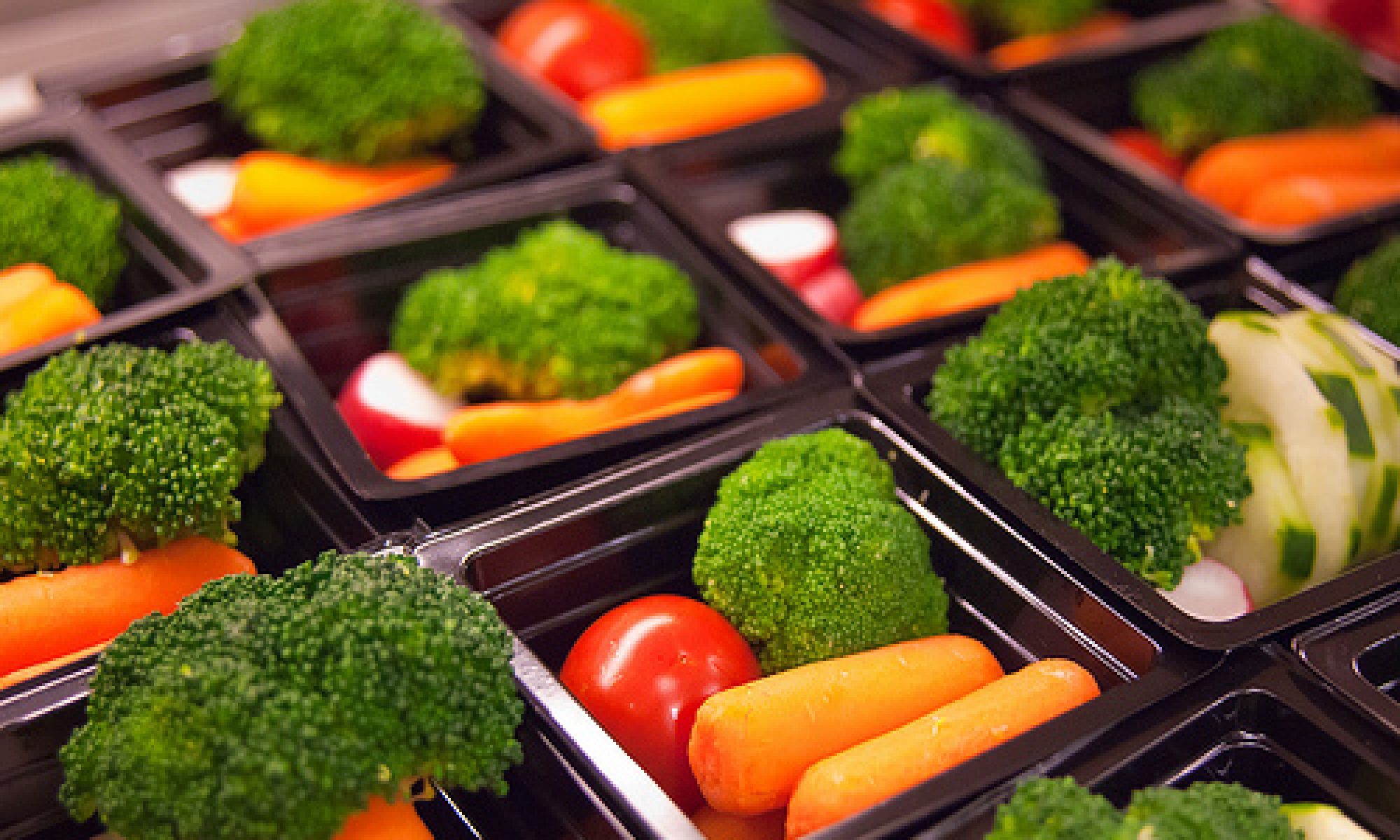
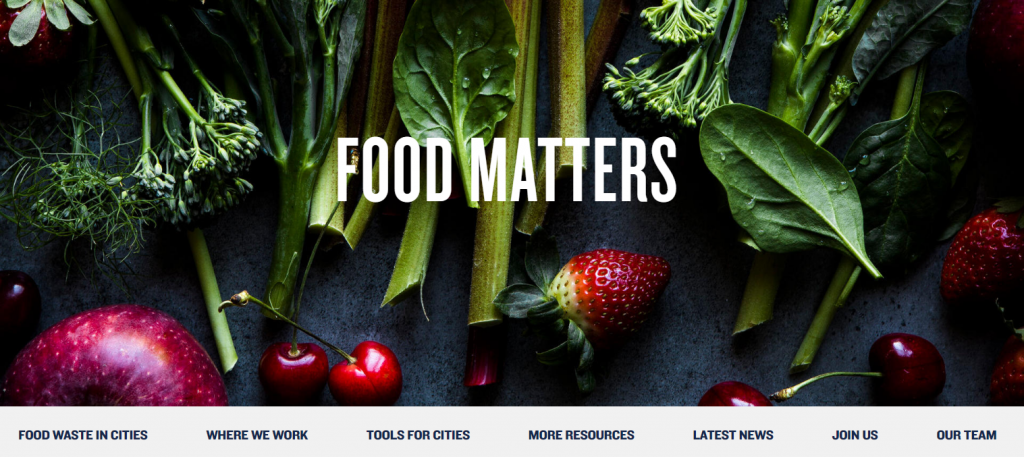
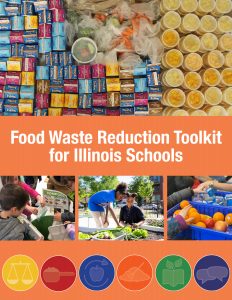 What’s the problem with food waste in schools?
What’s the problem with food waste in schools?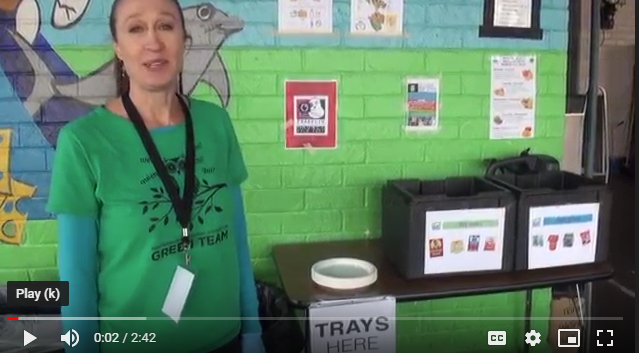 Still shot from the parent volunteer instruction video from Franklin Elementary in Glendale, CA.
Still shot from the parent volunteer instruction video from Franklin Elementary in Glendale, CA.